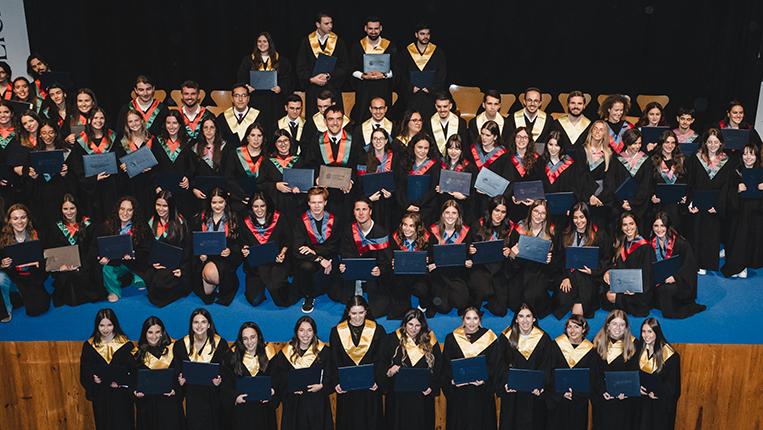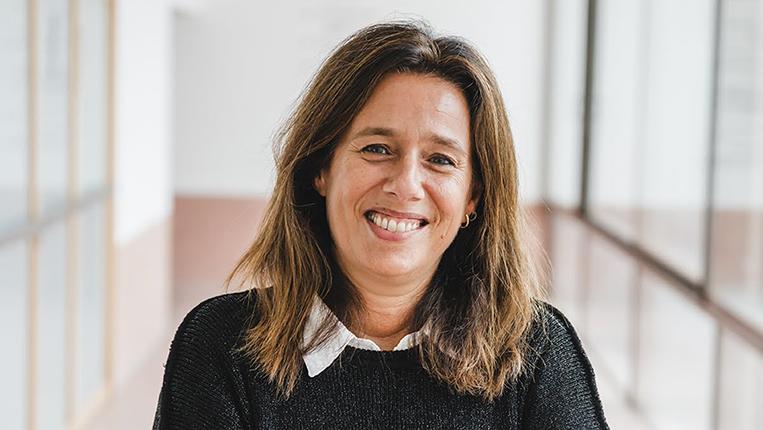The COVID-19 pandemic brought unprecedented challenges to the education system. In Portugal, the abrupt transition to remote learning in March 2020 forced teachers and schools to quickly adapt to new realities. A study, published in the European Journal of Special Needs Education, investigates how teachers’ personal and professional experiences influenced the implementation of inclusive practices in their classrooms during the second lockdown, which took place between January and April 2021.
The study was conducted by Marisa Carvalho, a professor at the Faculty of Education and Psychology at the Universidade Católica Portuguesa (FEP-UCP), in collaboration with colleagues from Lusíada University, and involved 137 teachers from public and private schools, including educators from the archipelagos of Madeira and the Azores.
The results reveal that factors such as teaching experience, gender, and household size had a significant impact on teachers’ perceptions of adopting inclusive practices in remote learning.
Teachers with more years of experience demonstrated greater confidence in implementing inclusive practices, likely due to their greater familiarity with classroom dynamics and student diversity.
In contrast, educators with larger families faced greater difficulties in maintaining inclusive practices, highlighting the importance of family and community support during times of crisis.
The importance of coping strategies and local support
The coping strategies used by teachers to manage stress and traumatic experiences associated with the pandemic also played a crucial role. Those who adopted adaptive strategies focused on problem-solving, action planning, conflict management, and seeking social support were better able to adapt to the challenges of remote teaching.
Furthermore, a positive perception of local pandemic response measures was a key factor in the implementation of inclusive practices, emphasising the relevance of community support.
These findings underline that teachers’ personal experiences have a direct impact on their pedagogical practices and reinforce the need for continuous support measures.
Integrating well-being and self-care into teachers’ professional development
Marisa Carvalho argues that the study’s findings should encourage the development of policies and professional development measures that integrate well-being and self-care dimensions. The researcher, who is also affiliated with the Research Centre for Human Development (CEDH), further stresses the importance of creating support mechanisms for teachers in crisis situations, ensuring that the assistance provided is suited to their needs and realities.
The study, entitled "Teachers’ experiences during the COVID-19 pandemic in Portugal: the role of personal, professional and coping variables in inclusive practices", was co-authored by Joana Cruz (Lusíada University), Beatriz Teixeira (Lusíada University), and Jéssica Cardoso (Lusíada University).

Photo by Annie Spratt on Unsplash



